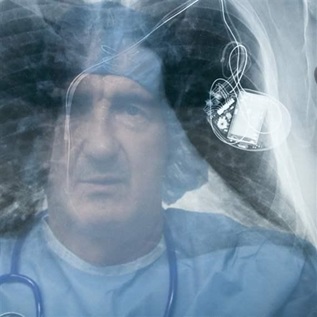Payor Coverage of Medical Devices Approved Under FDA's Humanitarian Device Exemption
Patients with rare medical diseases sometimes lack effective medical treatments for their conditions. In these cases, the U.S. Food and Drug Administration may use a Humanitarian Device Exemption, or HDE, to bring new technologies more quickly to such patients in dire circumstances. But some health care payors—including Medicare, Medicaid, and insurance companies—do not always reimburse patients and providers for these products.
The HDE approval process, unlike the standard FDA approval process for high-risk devices—known as premarket approval, or PMA—applies only to technologies that are intended to treat fewer than 4,000 patients per year. Typically, less evidence of the device's efficacy is needed for FDA approval.
Once FDA approves a new device by either the Humanitarian Device Exemption or the Premarket Approval route, payors assess the data available and determine whether there is sufficient evidence for them to cover the product. Patients often can only access new devices once payors agree to cover an FDA-approved technology.
Pew commissioned a study from Avalere Health, a health care advisory company, to examine how payors cover devices for rare conditions that come to market based on limited evidence. Researchers compared payor coverage of 10 HDE devices with that of three devices recently approved through the PMA process.
By evaluating the coverage policies of several payors, Avalere researchers found that:
- FDA approval, through either the HDE or PMA process, does not guarantee payor coverage.
- The more stringent data requirements for PMA approval do not guarantee favorable payor coverage, while the relatively lower HDE evidentiary standard does not necessarily preclude coverage as long as the patient need for the technology is clear.
- In making coverage decisions, payors evaluate the options available to patients, not just the evidence collected for a technology to gain FDA approval.
Please refer to the full report (PDF) for more information. Learn more from Avalere.






